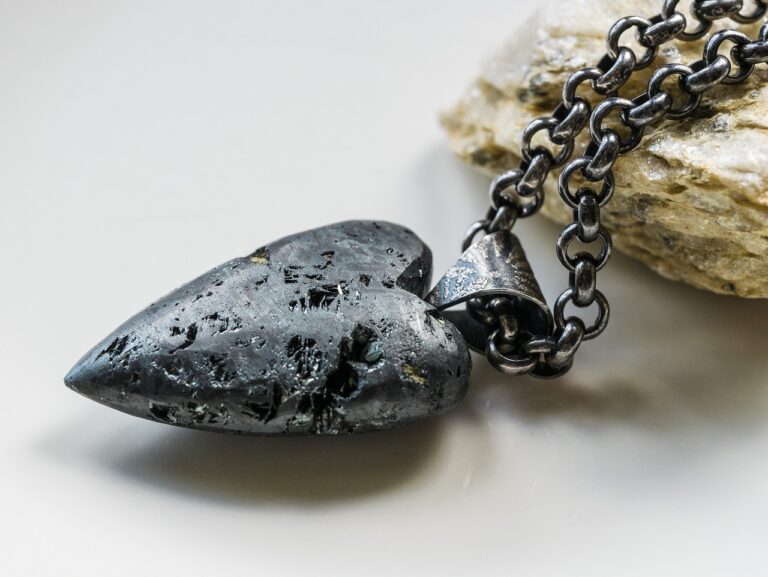Sustainable Fashion Solutions for Ethical Labor Practices: 11xplay online, Gold365 com, Skyfyer
11xplay online, gold365 com, skyfyer: Sustainable Fashion Solutions for Ethical Labor Practices
In today’s fast-paced world, the fashion industry is constantly evolving with new trends, designs, and collections being released almost every week. However, behind the glitz and glamour, lies a dark reality of unethical labor practices and environmental degradation. But fear not, as there are sustainable fashion solutions that can help promote ethical labor practices within the industry.
1. What is Sustainable Fashion?
Sustainable fashion refers to clothing, shoes, and accessories that are manufactured, marketed, and used in the most sustainable manner possible, taking into account both environmental and socio-economic aspects. This includes using eco-friendly materials, reducing waste, and ensuring fair wages and working conditions for workers in the supply chain.
2. Ethical Labor Practices in Fashion
Ethical labor practices in fashion involve ensuring that workers are treated fairly and paid a living wage. This includes providing safe working conditions, reasonable working hours, and the right to unionize. Unfortunately, many fashion brands still rely on sweatshops and exploitative labor practices to produce their clothing.
3. Transparency in the Supply Chain
One of the key solutions to promoting ethical labor practices in the fashion industry is transparency in the supply chain. Brands should disclose where their products are made, who is making them, and under what conditions. By being transparent, brands can build trust with consumers and hold themselves accountable for their practices.
4. Fair Trade Certification
Fair Trade certification ensures that workers in developing countries are paid fair wages and work in safe conditions. By purchasing products with Fair Trade certification, consumers can support brands that prioritize ethical labor practices.
5. Collaboration with Ethical Manufacturers
Fashion brands can collaborate with ethical manufacturers who prioritize fair wages, safe working conditions, and environmental sustainability. By working with ethical manufacturers, brands can ensure that their products are made ethically and in line with their values.
6. Sustainable Materials
Using sustainable materials such as organic cotton, recycled polyester, and Tencel can help reduce the environmental impact of the fashion industry. These materials are grown and produced in a way that minimizes harm to the environment and promotes sustainability.
7. Reducing Waste
The fashion industry is one of the biggest contributors to waste and pollution. By reducing waste through practices such as upcycling, recycling, and designing with longevity in mind, brands can minimize their impact on the environment and promote sustainability.
8. Empowering Workers
Empowering workers by providing them with training opportunities, fair wages, and a voice in the workplace can help promote ethical labor practices within the fashion industry. Brands should prioritize the well-being and rights of their workers to create a more sustainable and ethical supply chain.
9. Consumer Awareness
Educating consumers about the importance of ethical labor practices in the fashion industry can help drive change. By choosing to support brands that prioritize sustainability and ethical labor practices, consumers can use their purchasing power to demand change within the industry.
10. FAQs
Q: How can I tell if a brand is ethical?
A: Look for certifications such as Fair Trade, GOTS, or B Corp, and research the brand’s supply chain and labor practices.
Q: Are sustainable materials more expensive?
A: Sustainable materials can be more expensive due to the higher cost of production, but they are often higher quality and better for the environment in the long run.
Q: What can I do to promote ethical labor practices in the fashion industry?
A: Support brands that prioritize sustainability and ethical labor practices, advocate for transparency in the supply chain, and educate yourself and others about the impact of fast fashion.
In conclusion, promoting ethical labor practices in the fashion industry requires a collective effort from brands, manufacturers, consumers, and policymakers. By adopting sustainable fashion solutions such as transparency in the supply chain, fair trade certification, and empowering workers, the industry can move towards a more ethical and sustainable future. Let’s all do our part to support ethical labor practices and create a fashion industry that values people and the planet.







